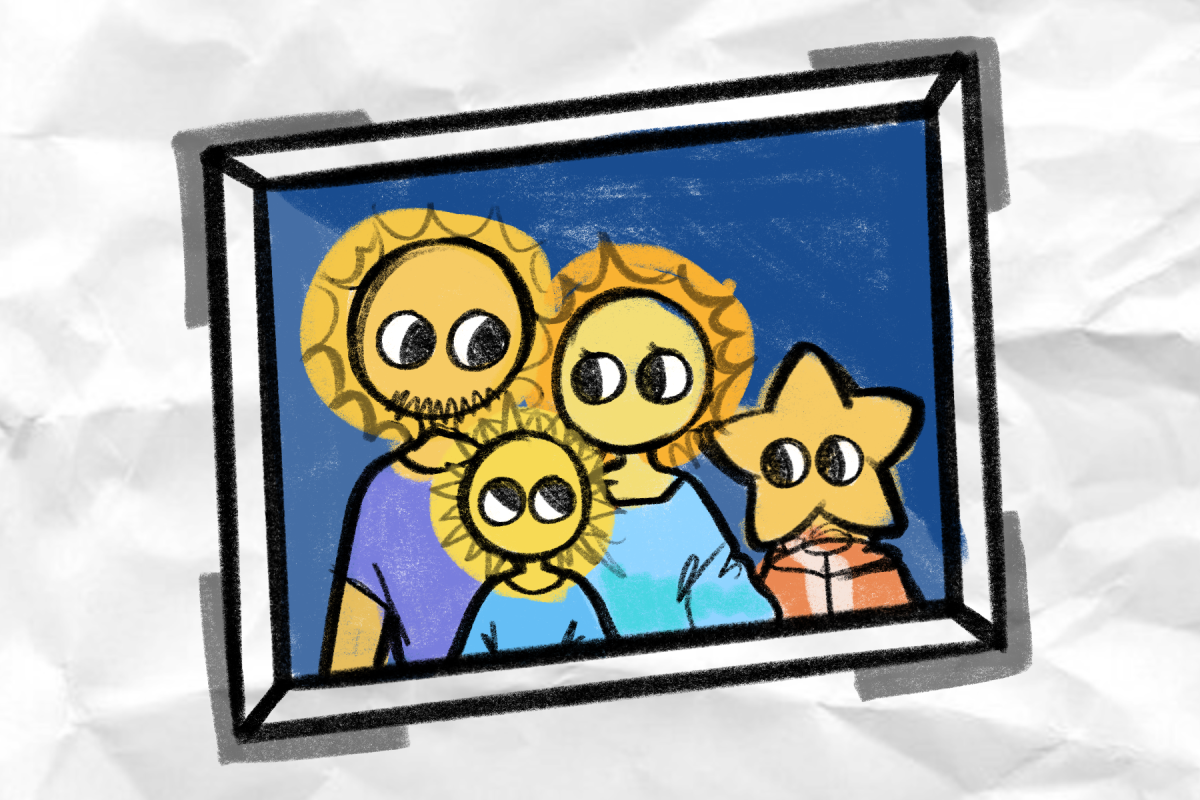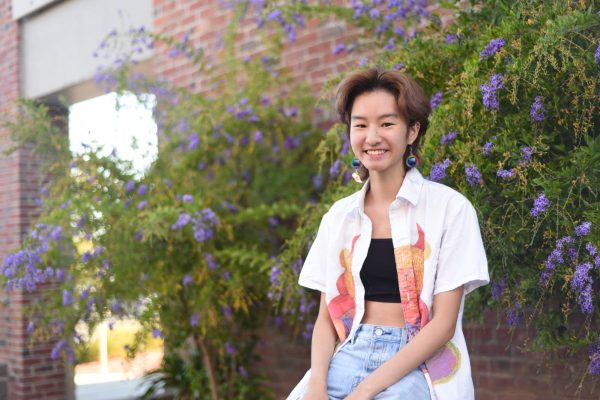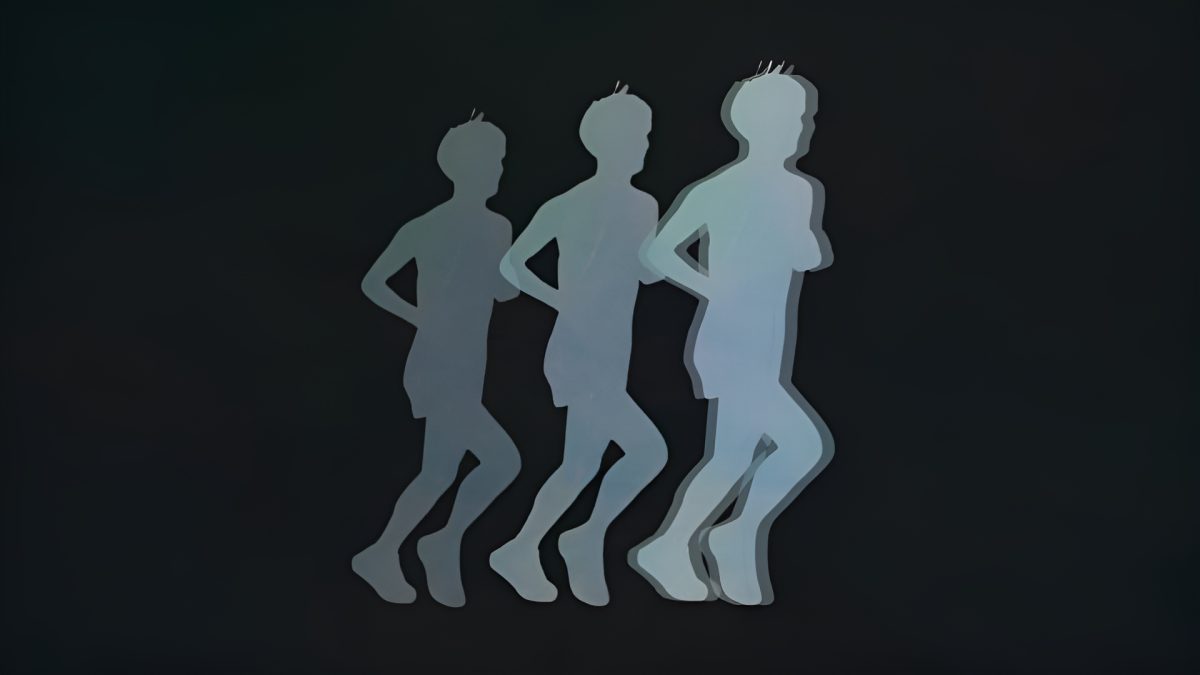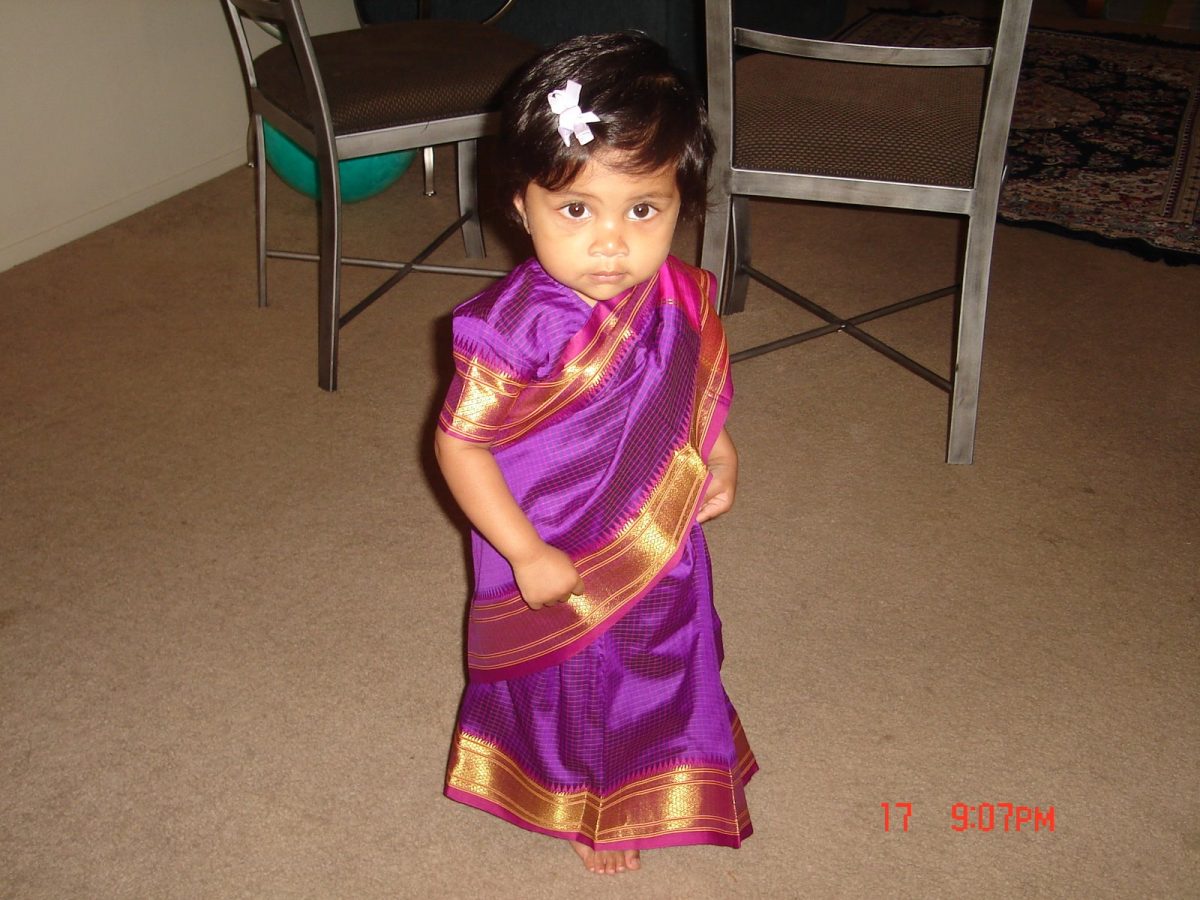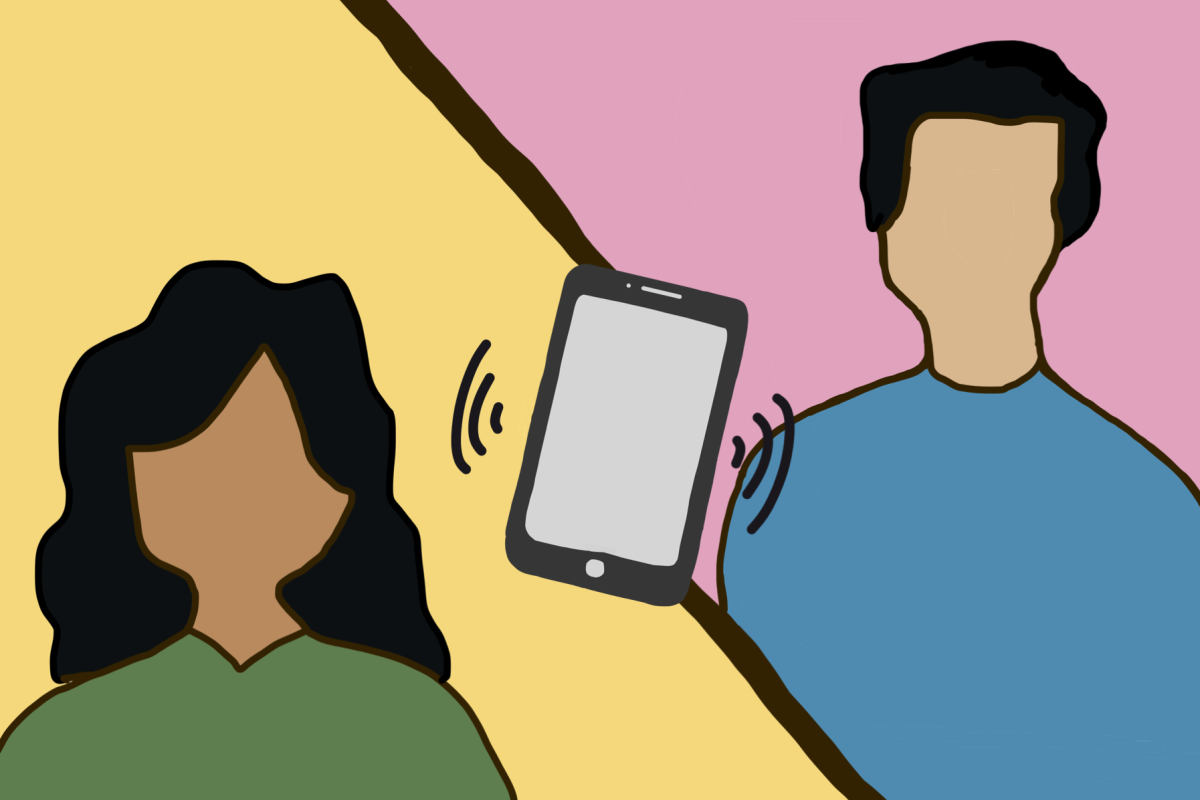I can’t count the number of times I’ve heard “But you seem like an only child!” after I mention that I have a brother.
His name is Justin, he’s eight years older than me and he plays video games in his room. “Wow,” the other person — usually a classmate who had tried and failed to guess how many siblings I had — would say. “That’s a big age gap.” Typically, I just redirect the conversation toward their siblings after that.
For a long time, those three facts were all I knew about him. (I didn’t even know which video game it was.) Repeating them gave me the false sense that I understood him the way I knew siblings were supposed to.
From a young age, I intuited that we didn’t have a normal sibling relationship or much of a relationship at all. We never hung out willingly or talked for more than a few syllables at a time. He stayed with my grandmother in Sunnyvale up until high school, when he attended MVHS. For most people, my mom included, this and our age gap explained our distance well enough. But as I watched my friends’ siblings pick them up from school, joking and holding their hands, I sensed that I was missing something.

I was perceptive enough to notice other signs — most glaringly, that he never called my mom “Mom” — but it felt wrong to piece them together. When I asked my parents casual questions about my brother, they always seemed uneasy. Eventually, I learned to stop asking. I wasn’t sure what I was looking for, anyway — what could I do with the answers other than cling onto them in place of a relationship?
By prioritizing my parents’ comfort over open conversation, I inherited my family’s unspoken shame, but I never stopped thinking about it in the back of my mind.
My mom finally spelled it out for me during the summer before my freshman year. We were having dinner at a mall in Taiwan, and I intentionally commented on how my cousins felt more like siblings than my actual sibling did. I knew I was provoking her, but the timing felt right to me. I thought that by forcing the conversation into the open, we could finally start talking about the dynamic instead of pretending it didn’t exist.
She told me that my brother and I were half-siblings, with different mothers. I wasn’t shocked — I had guessed as much by that point — but it felt different to hear someone say it aloud, acknowledging that I wasn’t irrational for sensing the lack. My brother and I are half-siblings.
There was a lot to process in the aftermath of our conversation. I was struck with the urge to blame someone for how 15 entire years had shaped us, but none of the options seemed accurate at all. Blaming my parents for the distance or my brother for not telling me felt irrational. So I turned it back on myself: should I have initiated more conversations with him? Should I have reached out first, rejecting the idea of needing my parents’ approval to do it? Should I have begun putting effort into forming a relationship while that was still possible, before I had gotten used to “knowing” him through three mundane facts? Definitively knowing the truth — that it was as simple I had guessed — made me feel complicit.

To be honest, it’s not a feeling I can confidently say I’ve conquered. My own realizations are one thing, but my overall family dynamic hasn’t shifted much, and there’s only so much that pondering can do in terms of moving the needle. Still, sorting through what I can and can’t control has helped me approach my relationship to my family in a clearer way.
I know my brother has his own struggles — I know it would take a lot of time and effort to develop a bond, like any other relationship. I’ve made peace with not having a sibling the way most of my peers do, but at the same time, I’ve realized that I shouldn’t be trapped in the image of siblinghood my parents created for me. It’s not necessarily anyone’s fault that our relationships formed like this. But it would be mine if I didn’t try to bridge them.
The progress is small — he judges at my speech tournaments occasionally and recognizes a few of my friends. We’ve even had a late-night conversation where I mentioned wanting to play Disco Elysium but lacking the time, and he offered to buy some games if I ever wanted to play them. It doesn’t make up for a lifetime of sibling absence, but it doesn’t need to. I’ve learned to stop perceiving my family situation — something neither of us is responsible for — as a problem.
I wish I could tell him all of this, but we’re probably not there yet. In the meantime, I still have to explain to people that I have a brother, although I haven’t started qualifying that with “half.” It’s just what having a brother means to me.



